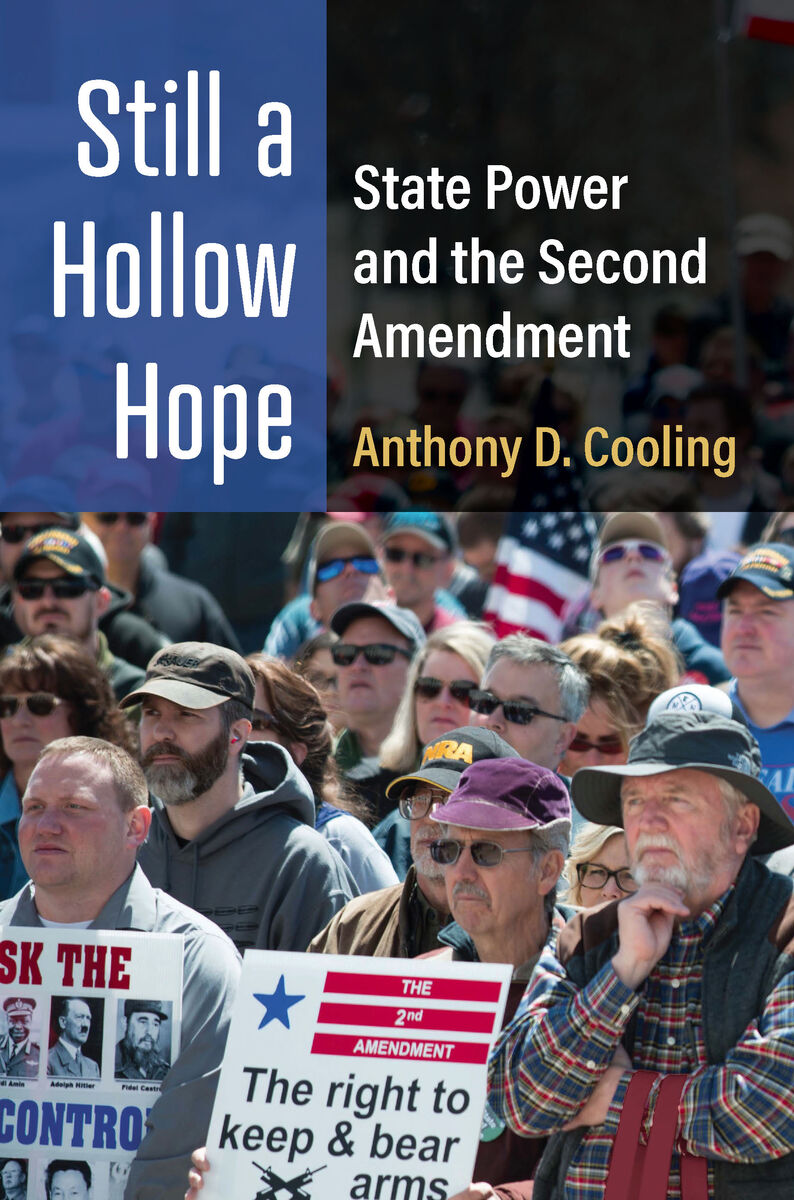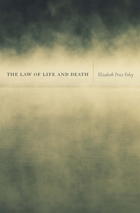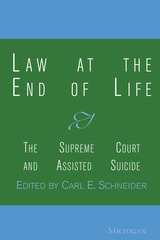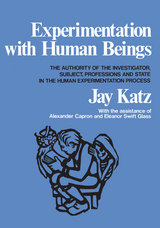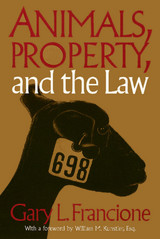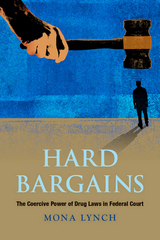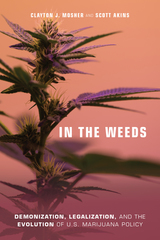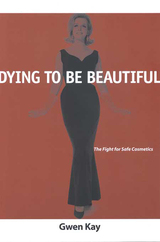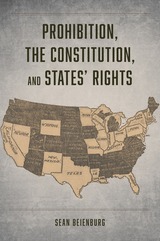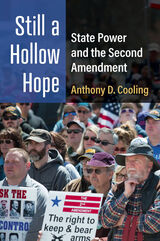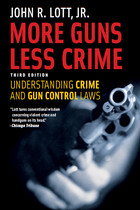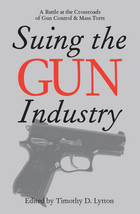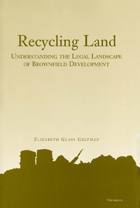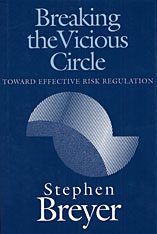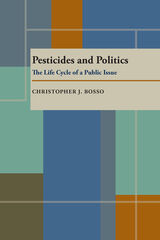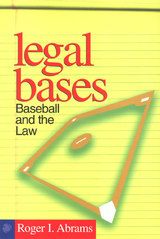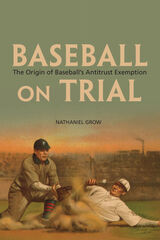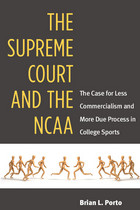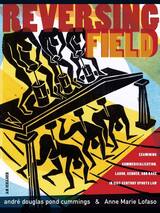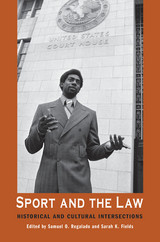Cloth: 978-0-472-07560-7 | Paper: 978-0-472-05560-9 | eISBN: 978-0-472-22066-3
Library of Congress Classification KF3941.C665 2022
Dewey Decimal Classification 344.730533
The U.S. Supreme Court increasingly matters in American political life when those across the political spectrum look at the Court for relief from policies they oppose and as another venue for advancing their own policy agendas. However, the evidence is mounting, to include this book in a big way, that courts are more of a sideshow to the culture war. While court decisions, especially Supreme Court decisions, do have importance, the decisions emanating from the Court reflect social, cultural, and political change that occurred long prior to their decision ever being made.
This book tests how much political and social change has been made primarily through Gerald Rosenberg’s framework from his seminal work, The Hollow Hope: Can Courts Bring About Social Change, but it also utilizes Daniel Elazar’s Political Culture Theory to explain state level variations in political and social change. The findings indicate that while courts are not powerless institutions, reformers will not have success unless supported by the public and the elected branches, and most specifically, that preexisting state culture is a determining factor in the amount of change courts make. In short, federalism still matters.
See other books on: Firearms | Political questions and judicial power | Social Policy | Sociological jurisprudence | United States. Supreme Court
See other titles from University of Michigan Press
